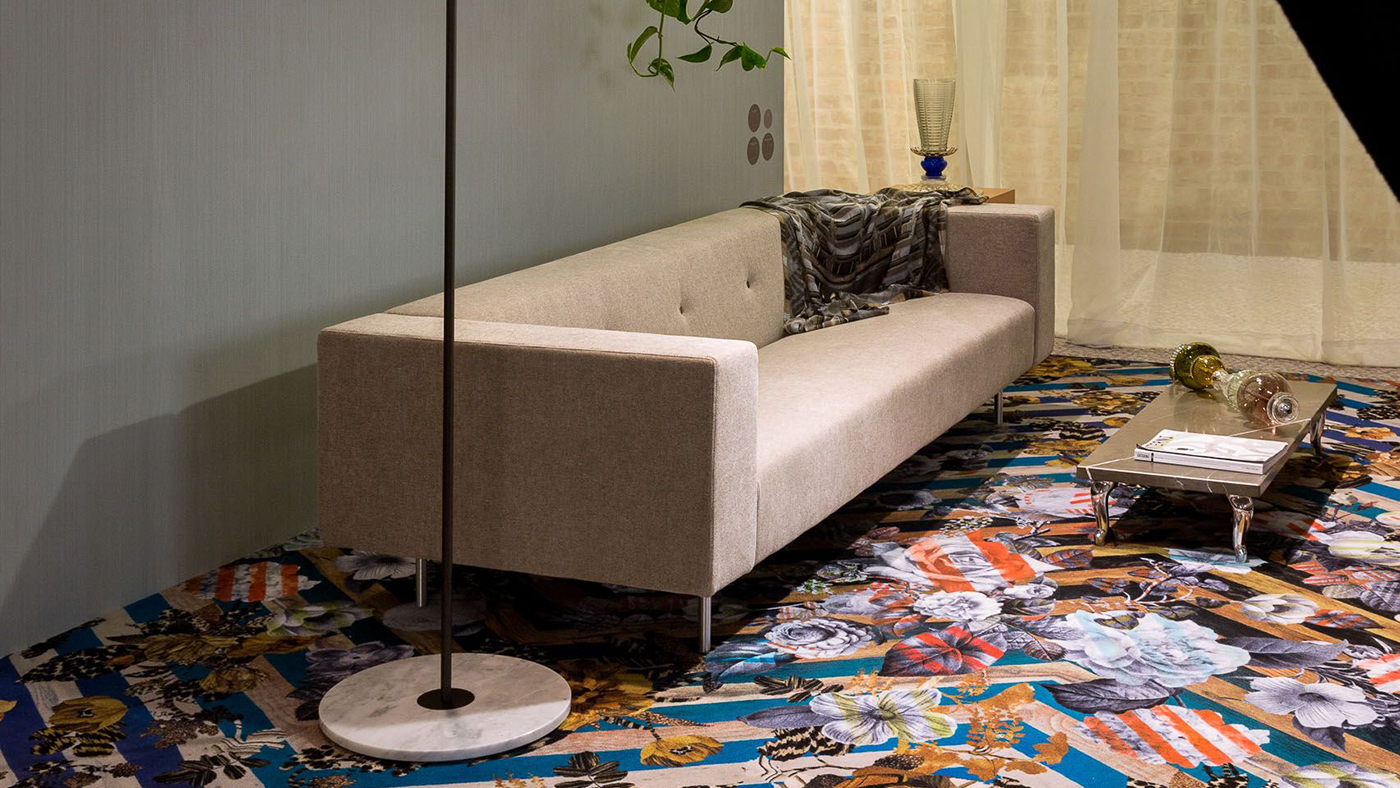Object permanence: Marcel Wanders
The Dutch designer reveals how tradition can bring eternal life to contemporary pieces

A free daily email with the biggest news stories of the day – and the best features from TheWeek.com
You are now subscribed
Your newsletter sign-up was successful
Modernism is an outmoded way of thinking about design: it just doesn't reflect the way we live now. It always puts forward this idea that the past is irrelevant to tomorrow – and tomorrow is all that matters. But the past is part of who we are.
When I was young, to even think about decoration was not what designers did. I went to Giulio Cappellini [founder of the Italian furniture company of the same name] with this idea of "new antiques", which is what I wanted to make, and the company was subsequently excluded from a design fair because it was no longer seen as being "modern". It was crazy. But why shouldn't we make connections with old or traditional products? They're beautiful and can be made relevant.
A few decades ago, the design world was very different. It didn't move. And it just wasn't interesting to most people. It was super-exciting to engineers, but for everyone else it was a matter of "who cares?" We don't care about elevator music; we care about Bach. And design was elevator music. Then I think Memphis [the pioneering postmodern Italian design movement] made people understand that design is a culture. Slowly, it became less objective and more subjective, and now design is a personal activity. Whether or not you like an object, it's the product of an individual person making decisions about things. That's what makes it interesting.
The Week
Escape your echo chamber. Get the facts behind the news, plus analysis from multiple perspectives.

Sign up for The Week's Free Newsletters
From our morning news briefing to a weekly Good News Newsletter, get the best of The Week delivered directly to your inbox.
From our morning news briefing to a weekly Good News Newsletter, get the best of The Week delivered directly to your inbox.

Function is fundamental to design, of course. If something doesn't work, it's a bad product, and I certainly get frustrated by things that aren't functional. But there has to be more than function. A house has to function, but if that's all it does you don't love it.
That's true for lots of things. You can buy a functional chair for €11 (£8), and if you pay more, then you're no longer paying for function. People aren't stupid. Obviously a €500 (£406) chair isn't about function. Nor is a Christmas tree. Or a pair of high heels. Such things are not a vacuum cleaner. We only want pure function from the things we don't love.
I've always liked the idea of making things that last forever, not necessarily in the sense of being unbreakable, but more psychologically permanent. Most people throw stuff away not because it's broken but because their relationship with that object is broken.
I remember a fellow design student creating this textile and as it wore away with use it revealed a pattern underneath. And I just loved that. It made me think about how bad we are at accepting that things get old, especially since design is fixated on the shiny, clean and new. Nothing can have a patina; nothing can have a crack. But nothing grows old faster than the new, so I like to make designs that are old to start with. It makes for pieces that people can feel connected to for longer. That's proper durability.
A free daily email with the biggest news stories of the day – and the best features from TheWeek.com
MARCEL WANDERS is known for his innovation in materials, having suspended rope in aspic and forming it into his famous Knotted Chair and covering inflated party balloons with carbon fibre to produce the world's lightest chair. He is co-owner of the design agency-cum-retail venture Moooi; moooi.com